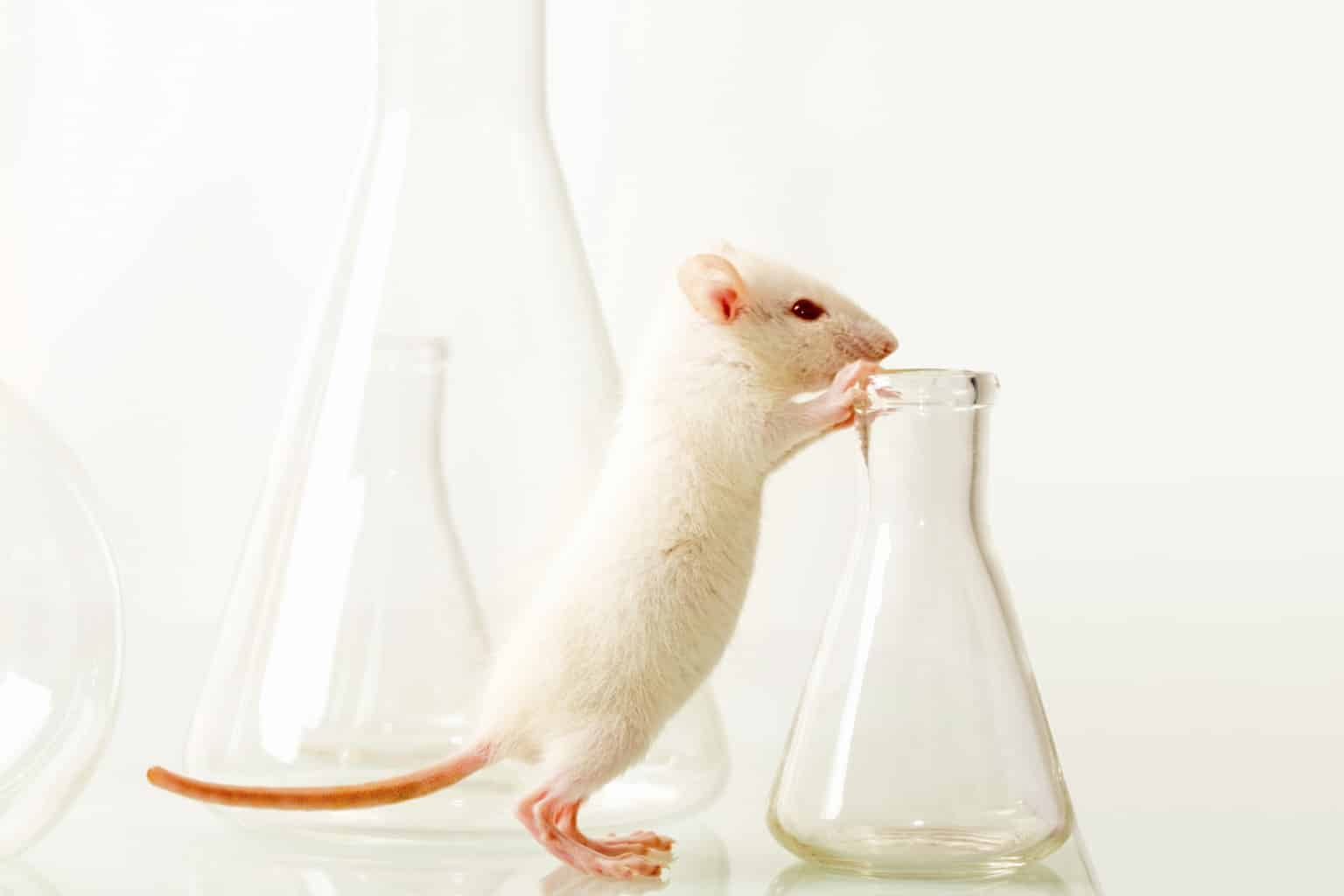The number of animals used in research has increased with the advancement of research and development in medical technology. Last year, 820,812 animals were used for scientific experimentation in the United States alone, and that number climbs to millions when global data is considered. About 60 percent of animal studies are related to human and animal diseases, such as testing for drugs and medical devices.
The pain, distress and death experienced by the animals during scientific experiments have been a debating issue for a long time. Besides the major concern of ethics, there are few more disadvantages of animal experimentation like requirement of skilled manpower, time consuming protocols and high cost.
Of these drugs do clear all the animal studies and enter human trials, about 90 percent are demonstrated to be unsafe or ineffective in humans. In fact, in case of cancer, less than 8 percent of findings from animal studies prove applicable to humans and it is only obvious that animals are to
o different from humans to be good predictors for how our bodies deal with drugs and disease.Therefore, attributable to such obstacles, researchers have now turned their attention towards virtual modelling that could enable computer programs to predict the potential effects of a drug on humans better than animal testing can.
Another attempt in this direction is by Emulate, a start-up based in Boston and founded in 2014. Emulate is a firm focussing on the commercialization of the Organ on a chip – a tissue-based technology that replicates human organ-level function that is used to model organs in healthy and diseased states.
The start-up has recently partnered up with the FDA to create chips that function as human organs as a research tool and has been working on a liver chip to study how drugs break down in the human body, but they have also been awarded a grant to make a brain chip for studies on the International Space Station.
Researchers from the University of Leeds and Avacta Life Sciences are also leaving no stones unturned to develop a potential alternative to studies in which animals are used to discover new antibodies by using a novel protein called “Affirmer proteins” that can do the same job. Affirmer proteins have the benefit of being grown in cells rather than animals, and they are also faster and cheaper to make.
These new methods for studying human health and medicine not only provide an alternative means for the drug and chemical testing but also have the potential to provide better data than that attained through animal testing. An integrated application of these approaches would give an insight into minimum use of animals in scientific experiments.






























